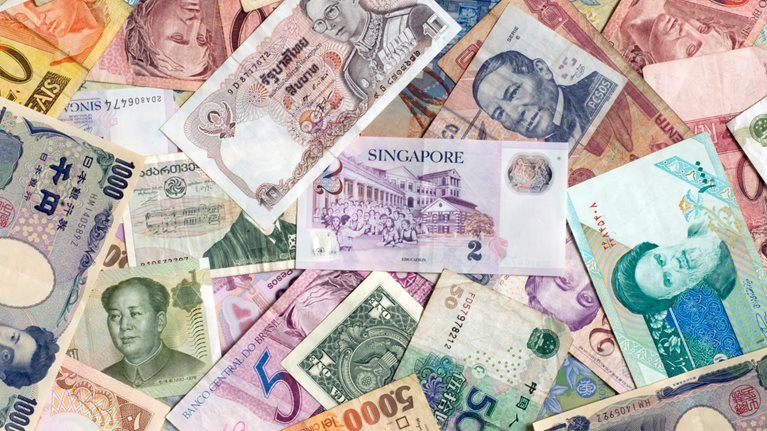The informal economy refers to companies that are engaged in legitimate business activities but don't fully comply with tax, labor market obligations, or product market regulations. These are not outright criminal enterprises, such as drug cartels, mafias, prostitution rings, and illegal gambling operations but they do pose a severe threat to a country's economic viability.
In Portugal and Turkey, informality accounts for nearly 50 percent of the overall productivity gap with the US.
Academics, development experts, and government officials often assert that informality will lessen as formal sector grows, or that informality actually serves a social good by providing employment to people. MGI research, however, doesn't bear out that optimism.
Around the world, these informal players operate at just half the average productivity level of formal companies in the same sectors and at a small fraction of the productivity of the best companies. As a result, informal companies persistently drag down a country's overall productivity and standard of living.
MGI's investigation also found that the substantial cost advantage that informal companies gain by avoiding taxes and regulations more than offsets their low productivity and small scale. Competition is therefore distorted because inefficient informal players stay in business and prevent more productive, formal companies from gaining market share. Any short-term employment benefits of informality are thus greatly outweighed by its long-term negative impact on economic growth and job creation.
Not only is this trend more widespread than previously thought, it is also growing as informal companies become trapped in a self-reinforcing dynamic that confines them to subscale, inefficient, low-productivity work. While reducing the levels of informality is no easy task, the research offers several measures policymakers can adopt to attack the problem.


